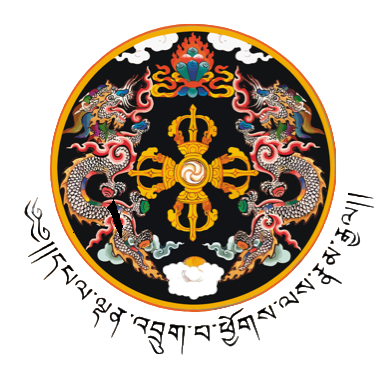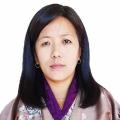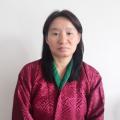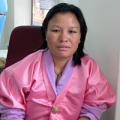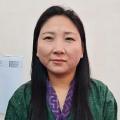Vision:
” A dynamic and professional civil service committed to promoting Good Governance in pursuit of Gross National Happiness.”
Mission:
- Ensure an independent and apolitical civil service that will discharge its public duties and services in an efficient, transparent and accountable manner.
- Ensure that civil servants render professional service guided by the highest standards of ethics and integrity.
- Ensure that uniform rules and regulations on recruitment, appointment, staffing, training, transfers and promotion prevail throughout the civil service.
- Continue to maintain a small, compact and an efficient Civil Service that is merit based.
- Enhance Civil Service capacity through Human Resource Development Programs.
- Maintain Up-to-date personnel information on all civil servants.
- Pursue the goals of the Institute of Civil Service Record.
Civil Service Values
(Civil Service Acts of Bhutan 2010, Section 37)
Accountability: A civil servant is responsible for his/her decisions and actions and must be accountable to whatever scrutiny is appropriate to his/her Office as prescribed by law and the BCSR.
Honesty: A civil servant shall be honest and declare any private interests relating to his/her official duties and to take steps to resolve any conflicts arising in a way that protects the public interest.
Impartiality: A civil servant shall be fair, neutral, not favour one person more than another in carrying out public business, including making public appointments, awarding contracts, or recommending individuals for awards and benefits.
Integrity: A civil servant shall not place himself/herself under any financial or other obligation to outside individuals or organizations that may influence him/her in the performance of his/her official duties.
Leadership: A civil servant shall at all times uphold and promote the principles of leadership by example.
Loyalty: A civil servant shall at all times be true, loyal and faithful to the Tsawa- sum.
Openness: A civil servant shall be as open as required about all the decisions and actions that he takes. He/she shall give reasons for his/her decisions and restrict information to protect the wider public interest and confidentiality of the matter.
Professionalism: A civil servant shall practice his/her profession with the highest standards of ethics and courtesy.
Selflessness: A civil servant shall always take decisions solely in terms of the public interest. He/she shall not do so in order to gain financial or other material benefits for himself/herself, his/her family, his/her relatives, or his/her friends.
Code of Conduct of a Civil Servant
(Civil Service Act of Bhutan 2010, Section 38 & 39)
A Civil Servant shall not:
- be eligible to be a candidate for any election conducted under the electoral laws of the Kingdom or hold any paid or unpaid post in any political party;
- canvass for the political party or any candidate in an election conducted under the electoral laws of the Kingdom;
- engage in any corrupt activities;
- be a member of, belong to or take part in a society, assembly or association, except as may be permitted under the rules and regulations;
- instigate, involve or participate in a strike, demonstration, marches or other similar activities;
- engage in proselytization
- engage in sexual harassment; and act against the interest of Tsa-Wa-Sum
The Royal Command of His Majesty the King Jigme Khesar Namgyel Wangchuck granted to the Royal Civil Service Commission:
“Keeping in mind that in a small country like Bhutan, it is the bureaucracy’s example that will be followed, strengthening the civil service would be the first step to creating a strong foundation for a successful democracy. The civil service must strive for the highest standards, live by higher ideals and nurture a sense of duty towards fellow Bhutanese.Therefore, the Royal Civil Service Commission should focus on bringing about required reforms of the civil service, in time for it to facilitate and support the emergence of democracy, meet the challenges of building dynamic economy and to fulfill its role in achieving the goals of Gross National Happiness.”
-12th of March 2007, Tashichho Dzong.
